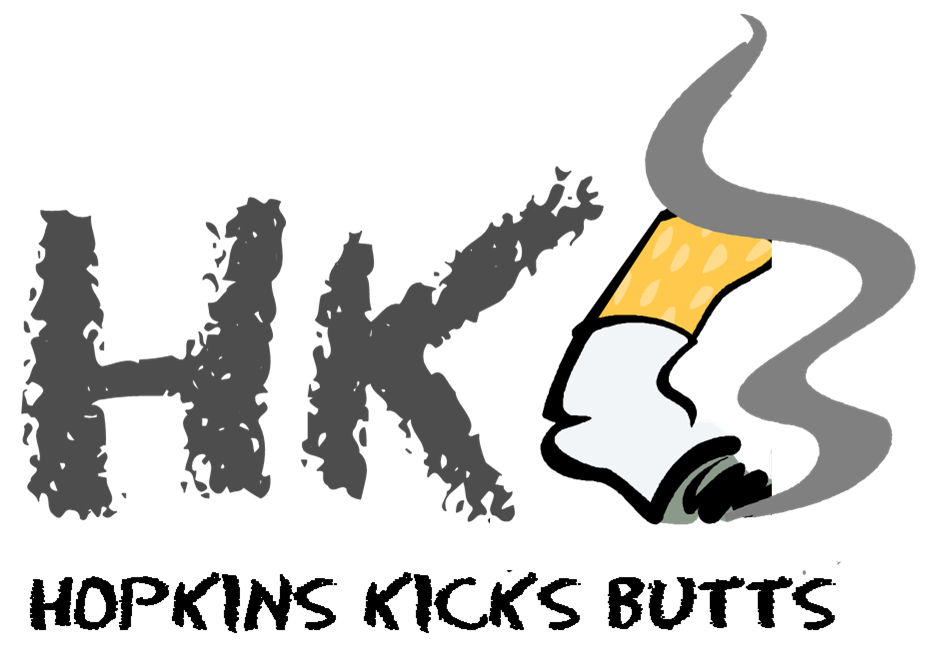According
to the Center for Disease Control, tobacco dependence is the most common form
of chemical addiction in the United States; naturally-occurring nicotine is
fast-acting and may be as addictive as alcohol or heroine. Tobacco dependence
is a serious, chronic condition, and quitting may involve several bouts with
relapse and withdrawal, but it can and has been done.
Though
not as effective as never smoking in the first place, cessation has been shown
to reduce a smoker’s risk of lung cancer to that of a non-smoker within fifteen
years, not to mention the reduced risks of coronary heart disease, peripheral
vascular disease, stroke and COPD. Therefore, the earlier one decides to quit,
the higher the likelihood of a favorable outcome. Fortunately, nearly 70% of
current American smokers report that they want to quit permanently, and 62.4%
of Americans aged 18-24 stopped for more than 1 day in 2010 because of their
intention to cease.
Once
the hurdle of deciding to quit has been passed, there are several routes one
can take:
- Habit breaking techniques
- Put together a list of reasons why you want to quit and place it near where you keep your cigarettes as a reminder
- Think about when and where you tend to smoke, and make plans to be somewhere else or with other people instead
- Place the contents of your ashtray in a jar, dump in a few cups of water and leave the jar alone until you are hit with a craving. “It’s really disgusting; it’ll make you never want to see a cigarette again,” according to Dr. Coral Avon, a behavioral health specialist in Miami and former smoker
- Reward yourself with small things such as a fancy dinner or visit to the spa when you overcome a craving or at other, regular intervals of time
- Gradually replace tobacco with less harmful habits, even electronic or water vapor cigarettes
- Be your own devil’s advocate: dispute your irrational urges
- Clinical support, where your physician takes time to offer advice and assistance
- Group counseling, even with family and friends
- Over-the-counter products such as nicotine patches/lozenges as well as prescription therapies including Chantix and Zyban have been proven effective
All in
all, those who commit themselves to quitting are likely to enjoy a reduced risk
of disease or premature death, and although it is more effective in those who
quit early, cessation is beneficial for smokers of all ages. Since 2002, former
smokers in the United States have outnumbered current smokers; support is
available, and breaking free of dependence is not out of reach.
http://www.cdc.gov/tobacco/data_statistics/fact_sheets/cessation/quitting/index.htm
http://www.stop-smoking-programs.org/quitting-smoking-facts.html
http://www.webmd.com/smoking-cessation/quit-smoking-11/surviving-without-smoke?page=3



